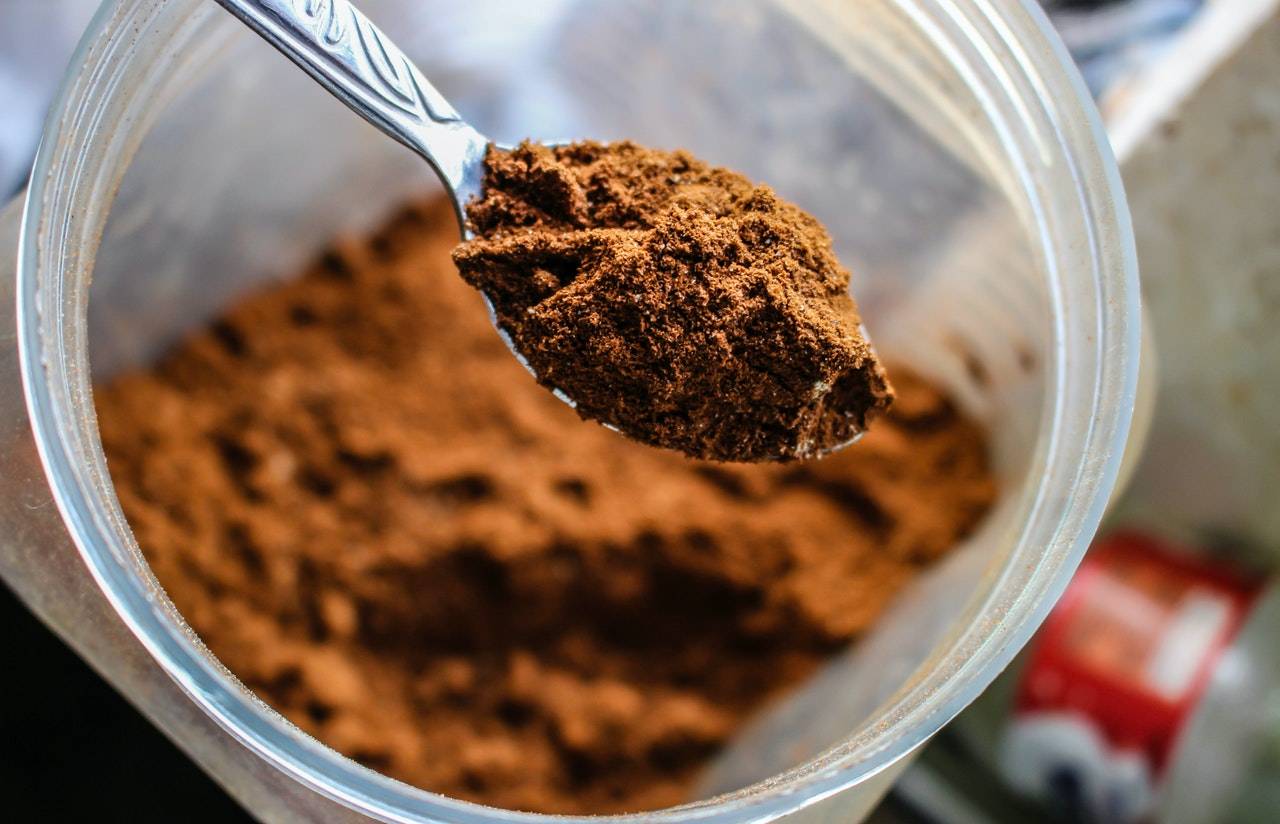Your cart is empty
Free shipping on all US orders


Free shipping on all orders

Nothing drives me crazier than biased articles spun to help sell sponsored products (which many articles subtly do by recommending the 6 best protein powders that happen to match the criteria presented).
I won't do that. I'm simply going to give you 5 major quality tips that will help YOU vet the protein powder YOU choose to purchase.
Here are my 5 quality tips:
It’s when companies add cheap amino acids to inflate the actual protein value of a product (i.e., you’re getting 12 grams instead of the 25 listed on the label).
To make more money at your expense. The scary part...it’s perfectly legal.
Again, if they're mentioned in the primary supplement panel and not in the other ingredients list, you are fine.
Also, if the price of a supposed 'high-quality' protein powder is $15 - $20 cheaper than a competitor and includes the above-mentioned amino acids in the other ingredients section of a label...it’s amino spiked.
I mentioned something called muscle protein synthesis earlier. In non-geek speak, this is the physiological process that promotes muscle repair and recovery after a workout.
Too little protein is bad, some is good, but more is better when you’re trying to build muscle or recover from a workout. Consume anything less than the recommended amount and you're sacrificing your gainz...bruh.
Again, some unscrupulous companies will add only 10-15 grams of protein to their product and promise you the moon.
Whey protein is expensive and if a company can get away with using less of it and entice you with fancy packaging, it’s a win-win for them and a kick in the junk for you.
Less is NOT more when it comes to protein dosage.
BCAA's are the amino acids largely responsible for stimulating muscle protein synthesis (muscle rebuilding). If enough BCAAs aren’t present in your protein powder, muscle protein synthesis doesn’t happen or fades away quickly.
Now, if you're a vegetarian or lactose intolerant, eat ALL the plant protein you want. Just know that milk-based proteins are a better choice when compared side by side.
Milk protein is a more complete and efficient protein due to the amount of each BCAA that's present.
For example, Muscle Mass Gainer 5000 Blast Bulk Addition might list whey isolate, concentrate, and casein on the label. Nothing wrong with this on the surface; the problem arises when you dig deeper.
To understand why this is a problem, we first must understand what proprietary blends are.
Proprietary blends, in the simplest sense, are created when supplement companies throw a bunch of ingredients together but fail to tell you the exact dosage of each.
Again, scary part...this is perfectly legal.
Because while on the surface a protein powder, or any supplement for that matter, might look good based on what ingredients are used, they are worthless if you don’t know how much of each ingredient you are getting.
Dose matters when it relates to how well, if at all, a supplement works.
If you see a protein powder that lists multiple sources of protein without the exact dosage of each, you might be getting screwed.
For example, a protein powder that has 25 grams of protein derived from concentrate, isolate, and casein could have 24.9999 grams of concentrate with the other two sources sprinkled in.
This is called “window dressing” in the supplement industry. It’s basically fairy dusting in certain ingredients just to make the product look good.
The one caveat here in our example: If the whey concentrate being used is high quality, it’s not as big of a deal, though you're still being deceived.
Blends aren't your friends. Buy a blend and run the risk of using an ineffective supplement.
I highly recommend if you decide to buy a whey concentrate to make SURE that is states the quality of the concentrate on the label. It might appear as WPC-80 or whey concentrate 80%.
A whey ISOLATE MUST be 90% pure protein or more to be considered 'quality'.
That’s good news for us because I highly recommend whey isolates due to knowing exactly what I am getting.
When it comes to whey CONCENTRATES, it's a different story.
A whey concentrate can be anywhere from 20-80% pure protein. I bet you can guess what some shady supplement companies will do. Wait for it...they use the lower quality concentrate to rip you off and pad their pockets. Again, this is perfectly legal.
Look for WPC-80 or whey concentrate 80% when reviewing the quality of the protein powder you're purchasing.